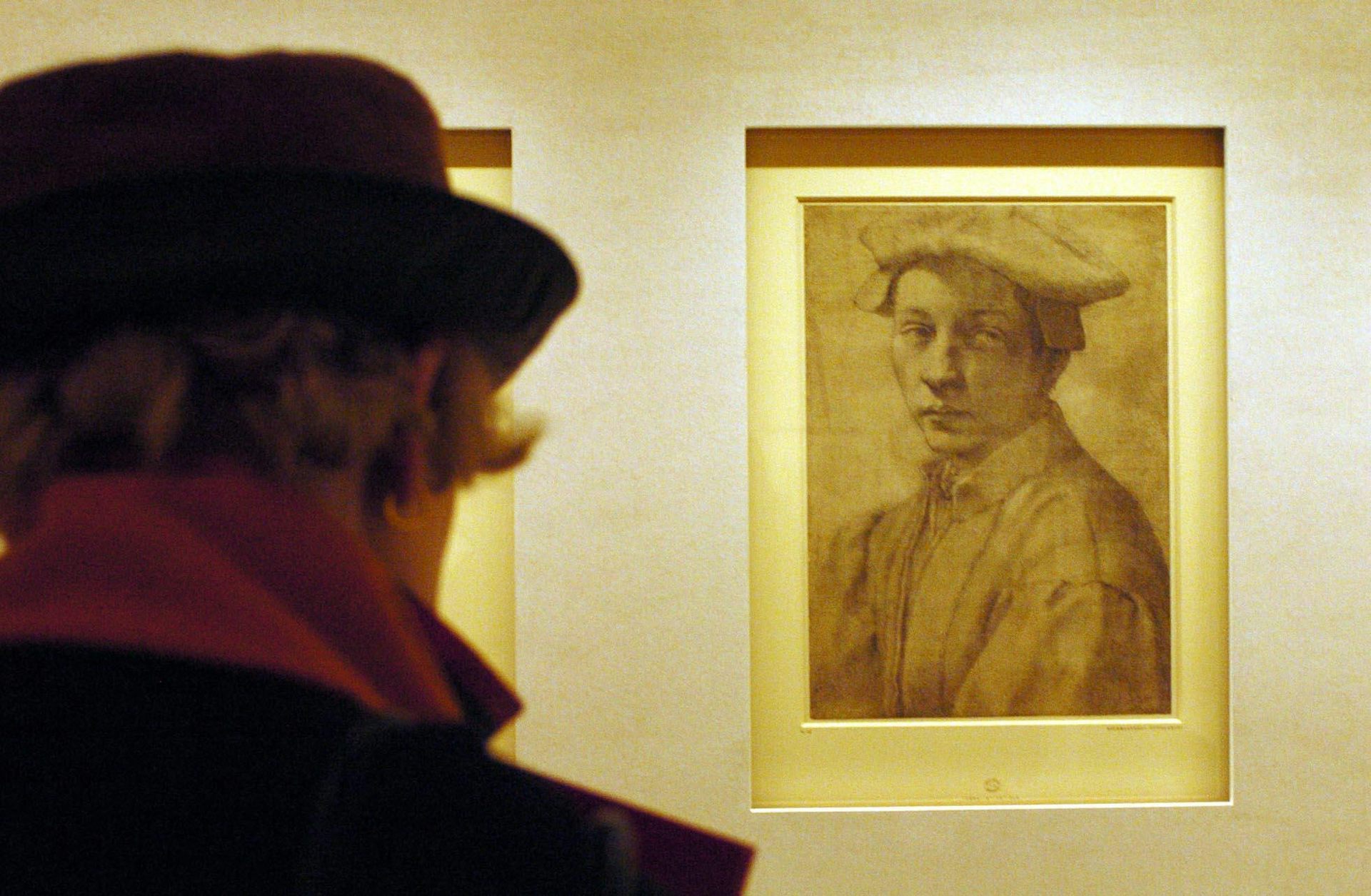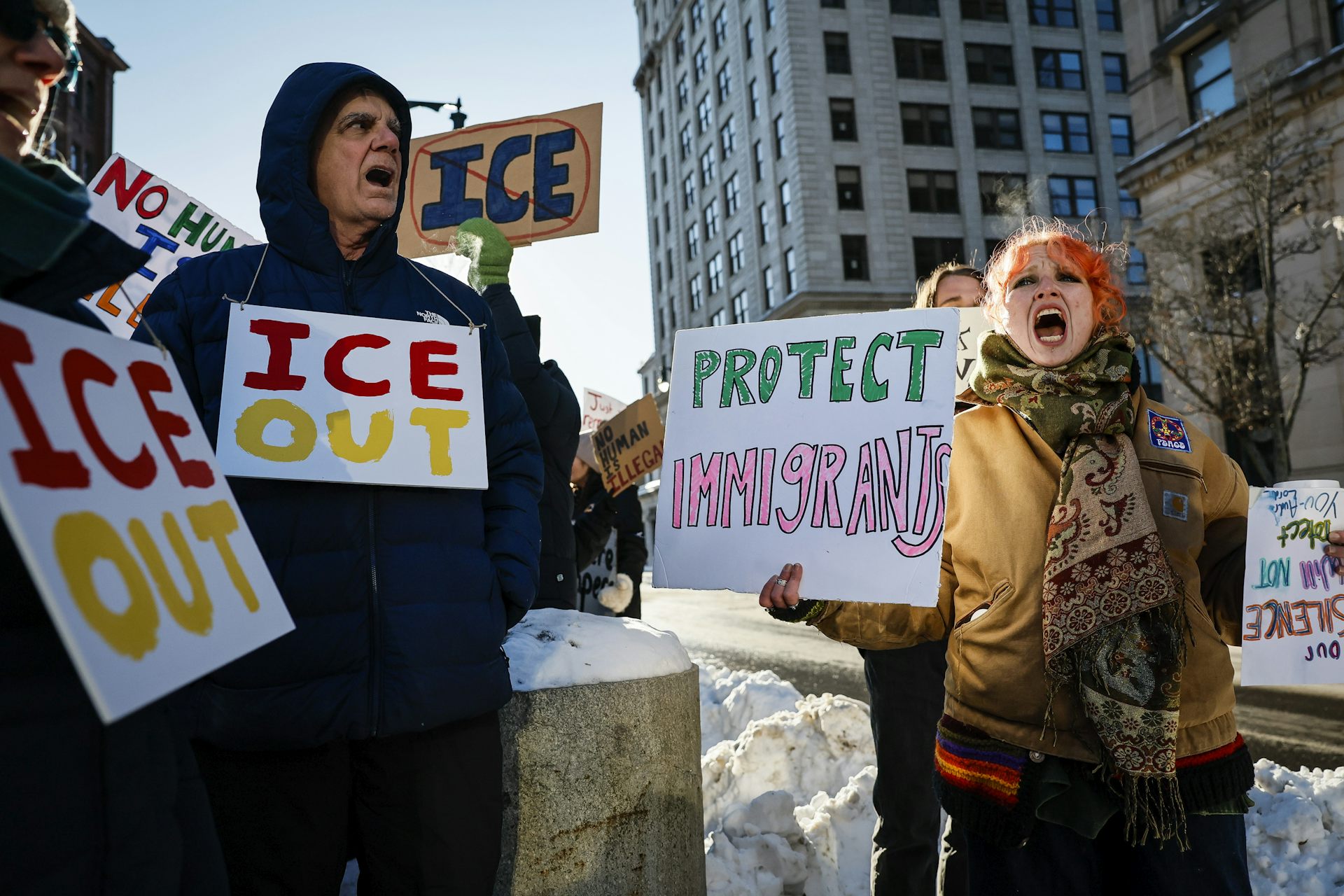The Catholic Church is using the upcoming Paris Olympics to engage young people − but several popes
The use of sport as an evangelical tool is not new for the Catholic Church. Pope Pius X welcomed athletes in 1905 for the first international gymnastics competition in the Vatican gardens.
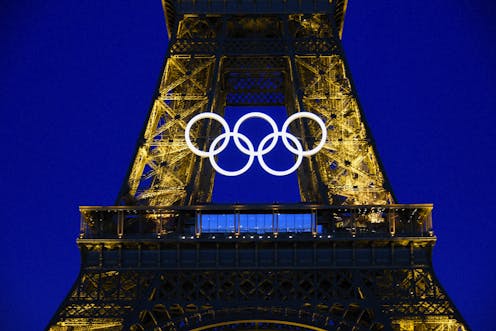
As the sporting world and fans await the opening ceremonies of the 2024 Paris Olympics and the Paralympic Games, eight Catholic dioceses in Greater Paris have already ignited their own Olympic flame by organizing the “Holy Games.” The project is a collaboration between the Archdiocese of Paris and the French Bishops Conference.
The Holy Games consists of three programs, each lasting a week – two during the Olympics and the third during the Paralympics. The Holy Games will bring missionaries, Catholics and other spectators together to watch the Olympics and Paralympics, celebrate Mass and engage in fellowship through various cultural activities.
French church leaders view this initiative as an opportunity to engage young Catholics and others in faith-based activities. According to La Croix International, a French Catholic newspaper, the Catholic Church in France sees the Olympics as an opportunity to harness the power of sport to evangelize.
Using sport as an evangelical tool, however, is not a new phenomenon for the global Catholic Church. In fact, several Catholic popes have contributed to the development of Catholicism and sport. As a doctoral student of sports management, I am familiar with these historical contributions.
Early contributions
The rich history between the Catholic Church and sport has been the research focus for several religious studies scholars. Dries Vanysacker stated that the Catholic Church has always demonstrated a concern for sporting activity.
An early yet indirect contribution came from Pope Leo XIII. In a letter to clergy in 1891, he advocated for labor rights, indicating that laborers “ought to have leisure and rest.” In response to that call, Catholic sport organizations began to form in the late 1800s and early 1900s.
Pope Pius X made a significant contribution by engaging with several sport organizations. In 1905, he welcomed athletes to the Holy See for the first international gymnastics competition held at the Vatican. In a speech to the participants, Pius X said, “The material exercises of the body will admirably influence the exercises of the spirit.”
Pope Pius XII also emphasized the spiritual benefits of sport. He saw sport as an opportunity to teach Christian values and aid in the development of spiritual life, in particular for youth. In a message to Italian sports people in 1945, Pius XII said, “Sport is a school of loyalty, courage, endurance, resolve, universal brotherhood, all the natural virtues.”
Vehicle for body and soul development
Known as the “athlete pope,” Pope John Paul II solidified the Catholic Church’s interest in sport as he viewed sport as a vehicle for the development of body and soul. He created the Office of Church and Sport within the Pontifical Council of the Laity. The goal of this office was to be a reference point between the church and international sports organizations to foster a sports culture and to promote the study of certain issues and sport.
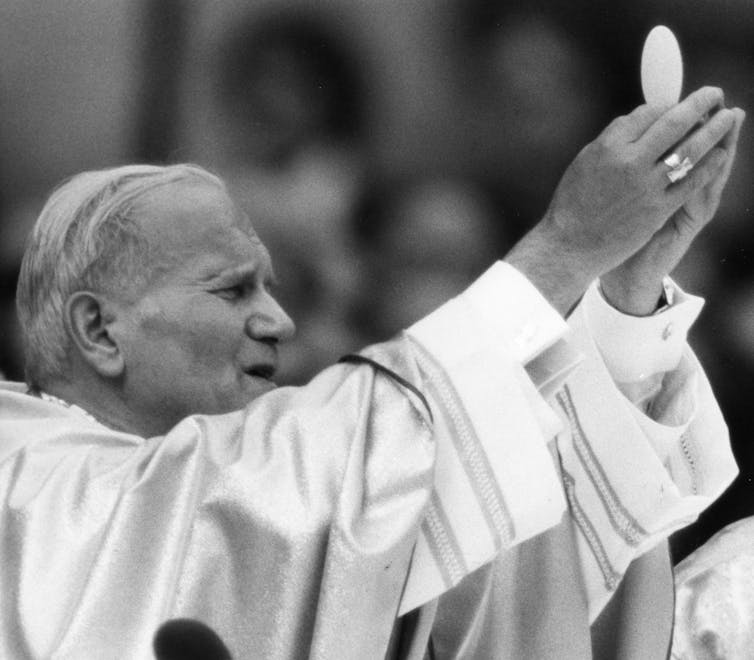
John Paul II also used sport as an important tool to evangelize. He held two international sport gatherings in which he spoke to numerous athletes, sports associations and other organizational leaders about the power of sport. He addressed athletes in 1991 and said that sports “foster the orderly and harmonious development of the body at the service of the spirit.”
Sport for peace
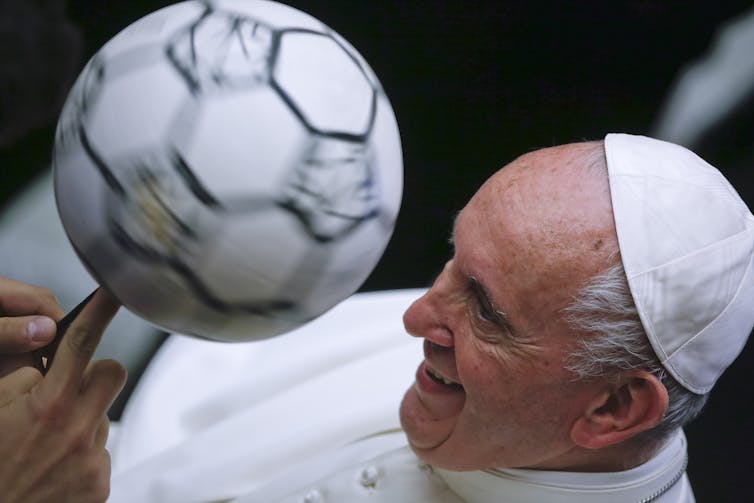
Currently, Pope Francis sees sport as a means toward peace-building. In a video address prior to the opening of the 2014 World Cup, Francis said that “sport is a school of peace; it teaches us to build peace.”
In 2016, Francis founded the Sport at the Service of Humanity movement, which seeks to use sport as a catalyst for peace and social change. The main effort of the organization is to bring leaders across sports, business, academia, media and other religious backgrounds together for an annual conference. The 2024 conference, held at Creighton University in June, focused on the theme of care for the athlete.
As the French capital prepares to play host to the upcoming Olympic Games and Paralympic Games, the secular world will be focused on the sporting competitions, athletic feats and medals tracking. The French Catholic Church, meanwhile, will maintain its focus on its evangelical efforts as over 70 parishes near Olympic venues welcome visitors and offer celebrations in multiple languages.
A. Jaime Morales Jr. does not work for, consult, own shares in or receive funding from any company or organization that would benefit from this article, and has disclosed no relevant affiliations beyond their academic appointment.
Read These Next
What is Bluetooth and how does it work?
Did you know that your wireless earbuds contain a tiny radio transmitter?
Picky eating starts in the womb – a nutritional neuroscientist explains how to expand your child’s p
While genes do influence some food preferences, positive experiences can help make new tastes easier…
Michelangelo hated painting the Sistine Chapel – and never aspired to be a painter to begin with
A red chalk sketch for the Sistine ceiling fetched an eye-popping sum at auction, reflecting the artist’s…




